Here in Georgia, when you appeal your value the tax assessors office you must select your second level of appeal at that time. This is because by law, if the assessors won't lower your value they must automatically send you to the next level of appeal. The three options for your second level of appeal are the Board of Equalization, arbitration, or a Hearing Officer.
The Board of Equalization is made up of tax payers from the County where the appealed property is located. The board members are selected by a grand jury. The Georgia Department of revenue trains the board members in Georgia property tax law, real estate appraisal, and mass appraisal. This is not in depth training. This is just enough training to get by. The board members will hear your side of the story and the County side of the story and will make a decision based on what they have heard. There is no cost associated with appealing to the Board of Equalization.
Arbitration is another choice for your second level of appeal. There's a cost involved with appealing to arbitration and as result very few people choose this route. If you have a high value property and you have had mixed or bad results at the Board of Equalization in the past, you may want to consider arbitration.
The third option for your second level of appeal in Georgia is a Hearing Officer. A Hearing Officer is available to hear disputes about value as long as the property is valued at over $1 million and it is not your primary residence. This is a relatively new option for your second level of appeal in Georgia. I am not sure what kind of luck people are having with this procedure. The Hearing Officers are all licensed or certified appraisers.
The decision of the Board of Equalization or the Hearing Officer can be appealed to Superior Court. Arbitration is performed through the court system and any decision by the arbitrator is final. Appealing your Board of Equalization value or Hearing Officer value to the Superior Court system does include filing fees and you may need to engage an attorney at this point. As a result only very high value properties typically end up court system.
For further information please contact the Georgia property tax appeal experts at Fair Assessments LLC. There you can obtain a free guide to appealing your assessment.




